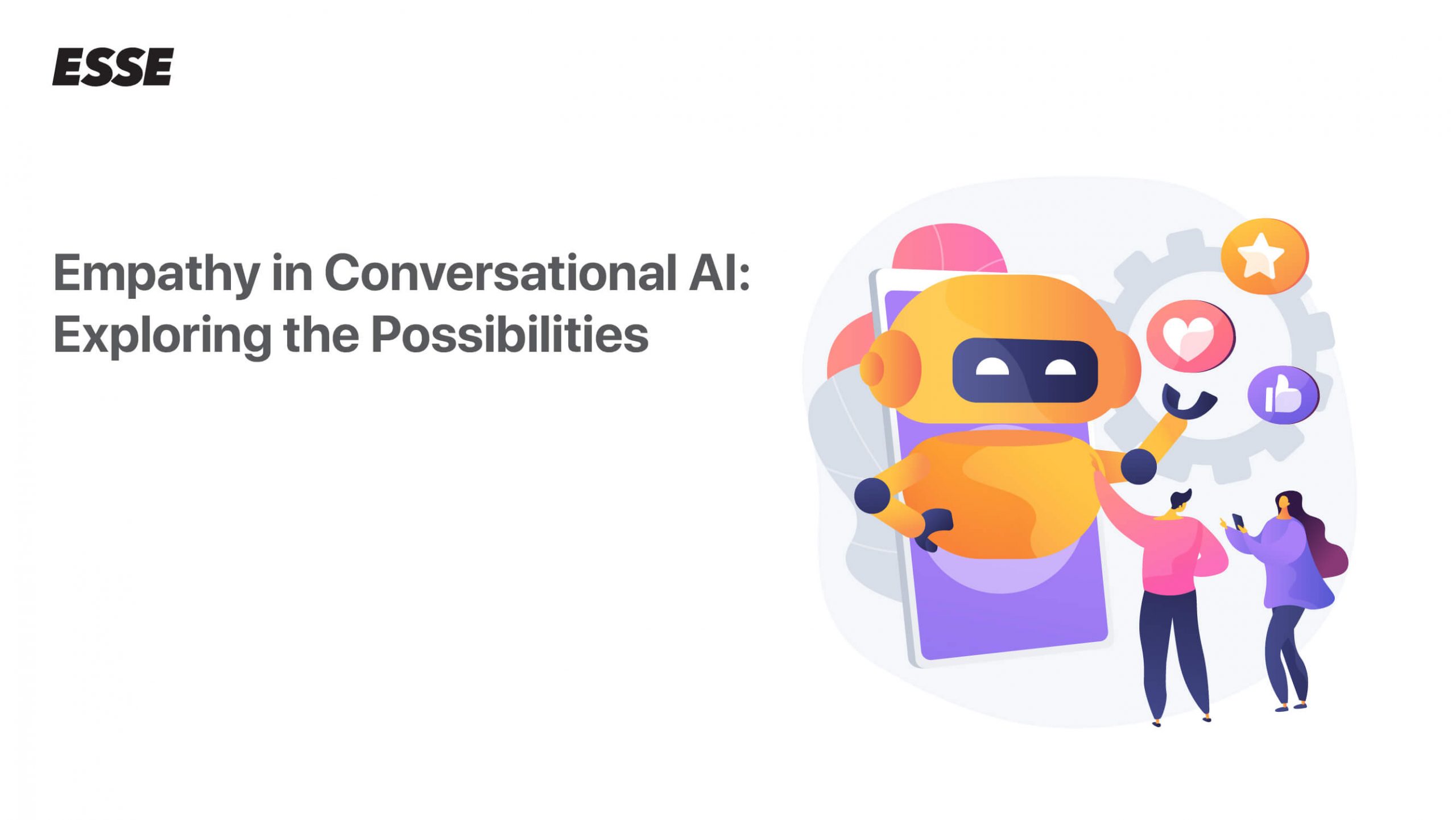Conversational AI has come a long way in recent years, with advancements in natural language processing, machine learning, and other technologies. One area where conversational AI has shown great potential is in its ability to understand and respond to human emotions, particularly through the use of empathy. In this blog, we’ll explore the concept of empathy in conversational AI, how it’s being implemented, and what the future might hold.
Defining Empathy:
Empathy is the ability to understand and share the feelings of another person. It involves being able to put oneself in someone else’s shoes and imagine how they might be feeling in a given situation. Empathy is a crucial component of human communication and relationships, as it allows us to connect with others on an emotional level and build rapport.
Empathy in Conversational AI:
While it may seem counterintuitive, machines can be programmed to understand and respond to human emotions. Conversational AI systems are being designed to recognize and interpret emotions through various cues, such as tone of voice, word choice, and facial expressions. By analyzing these cues, AI systems can determine the user’s emotional state and respond accordingly, with appropriate empathy.
Training Conversational AI in Empathy:
Training AI systems to understand empathy requires a combination of machine learning algorithms and human input. Developers can use datasets of human conversations to train the AI system on how to recognize and respond to different emotional states. Additionally, human experts can provide feedback and guidance to the AI system, helping to refine its understanding of empathy and how to apply it in different situations.
Applications of Empathetic Conversational AI:
Empathetic conversational AI has many potential applications in various industries, including healthcare, customer service, education, and more. For example, in healthcare, conversational AI can be used to provide emotional support to patients and their families. In customer service, empathetic chatbots can help resolve issues and build positive relationships with customers. In education, conversational AI can provide personalized feedback and support to students based on their emotional states and learning needs.
Challenges and Limitations:
Despite the potential benefits of empathetic conversational AI, there are also challenges and limitations to consider. One challenge is ensuring that the AI system is not only able to recognize emotions but also respond appropriately and authentically. Another challenge is maintaining user privacy and data security, as emotional data can be sensitive and personal.
Empathy in conversational AI is a promising area of research and development, with many potential applications and benefits. As AI systems continue to evolve and improve, we can expect to see more empathetic conversational AI being implemented in various industries and settings. However, it’s essential to continue considering the ethical and practical implications of this technology to ensure that it’s used in a responsible and beneficial manner.


Leave a Reply